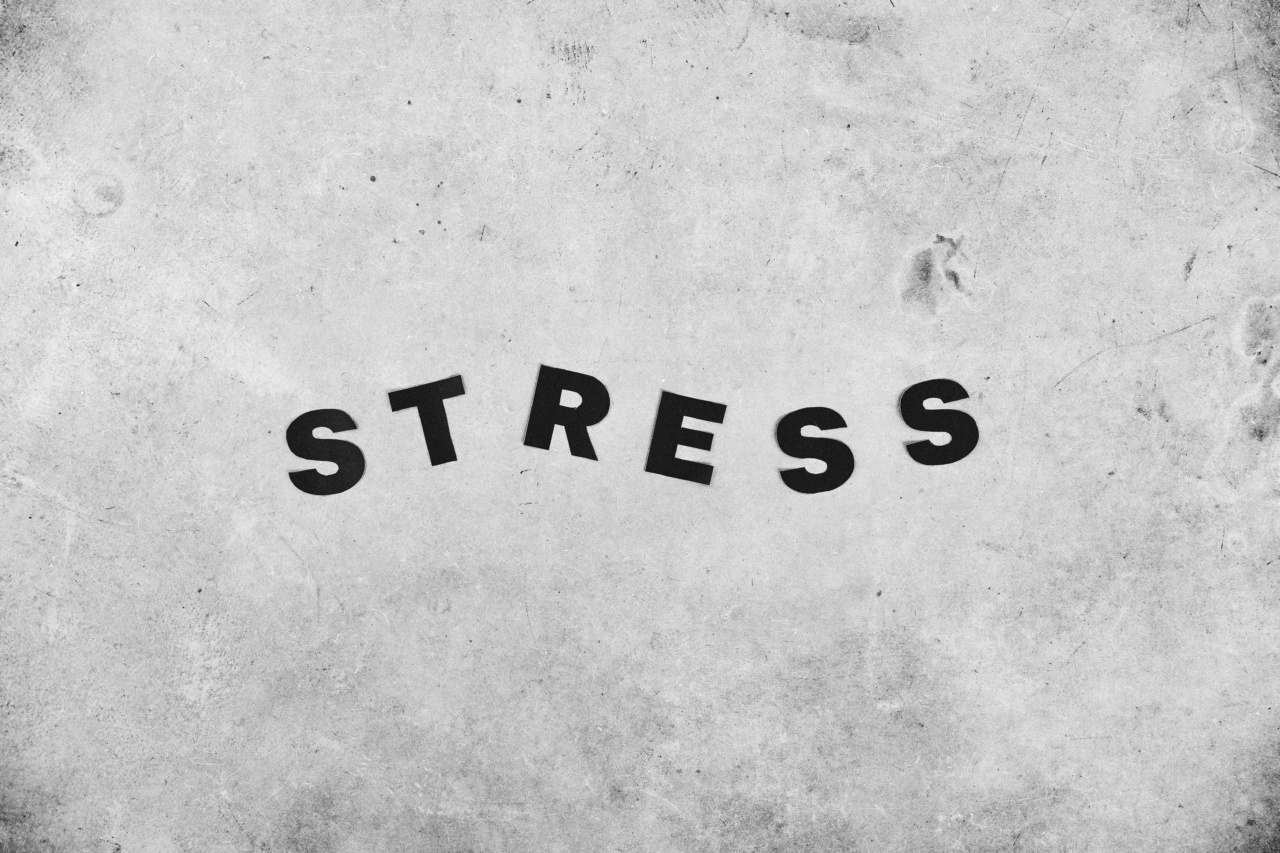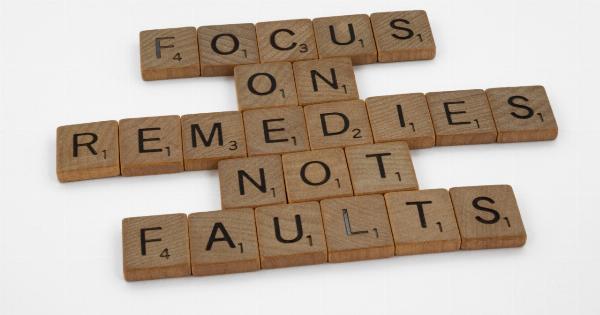High blood pressure is a common condition that affects many people. Although it can be managed with medication, there are also natural ways to lower blood pressure. Here are 11 simple steps you can take to lower your blood pressure naturally:.
1. Lose Excess Weight
If you’re overweight or obese, losing weight can significantly lower your blood pressure. Losing as little as 5-10% of your body weight can make a big difference.
2. Exercise Regularly
Regular exercise can help lower blood pressure. Aim for at least 30 minutes of moderate-intensity exercise most days of the week. Examples include brisk walking, cycling, swimming, or dancing.
3. Eat a Healthy Diet
Eating a diet rich in fruits, vegetables, whole grains, lean protein, and low-fat dairy products can help lower your blood pressure. Limit your intake of saturated and trans fats, sodium, and added sugars.
4. Reduce Sodium Intake
Reducing your sodium intake can help lower your blood pressure. Aim for less than 2,300 milligrams of sodium per day, or 1,500 milligrams if you have high blood pressure already.
5. Limit Alcohol
Drinking too much alcohol can raise your blood pressure. Aim to limit your alcohol intake to no more than one drink per day for women, and two drinks per day for men.
6. Quit Smoking
Smoking can raise your blood pressure, and it also increases your risk of heart disease and stroke. If you’re a smoker, quitting can lower your blood pressure and improve your overall health.
7. Reduce Stress
Stress can raise your blood pressure, so finding ways to manage stress can be helpful. Examples include meditation, deep breathing, yoga, or tai chi.
8. Get Enough Sleep
Lack of sleep can raise your blood pressure, so aiming to get 7-8 hours of sleep per night can be beneficial.
9. Take Dietary Supplements
Certain dietary supplements have been shown to help lower blood pressure. Examples include omega-3 fatty acids, magnesium, and potassium. However, you should talk to your doctor before taking any supplements.
10. Monitor Your Blood Pressure
Regularly monitoring your blood pressure can help you track any changes and catch any issues early.
11. Follow Your Doctor’s Advice
If you have high blood pressure, it’s important to follow your doctor’s advice. Take any medications as prescribed, and follow any lifestyle changes your doctor recommends.




























